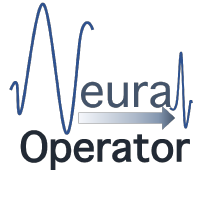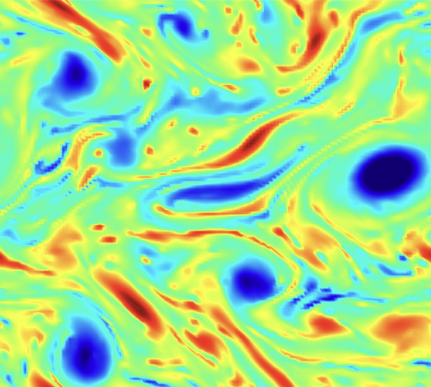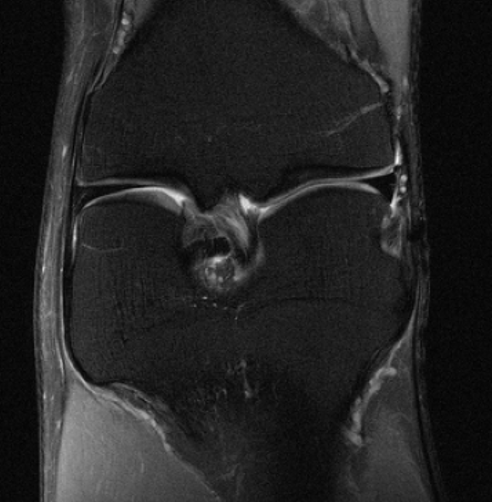Miguel Liu-Schiaffini
Computer Science Department, Stanford.
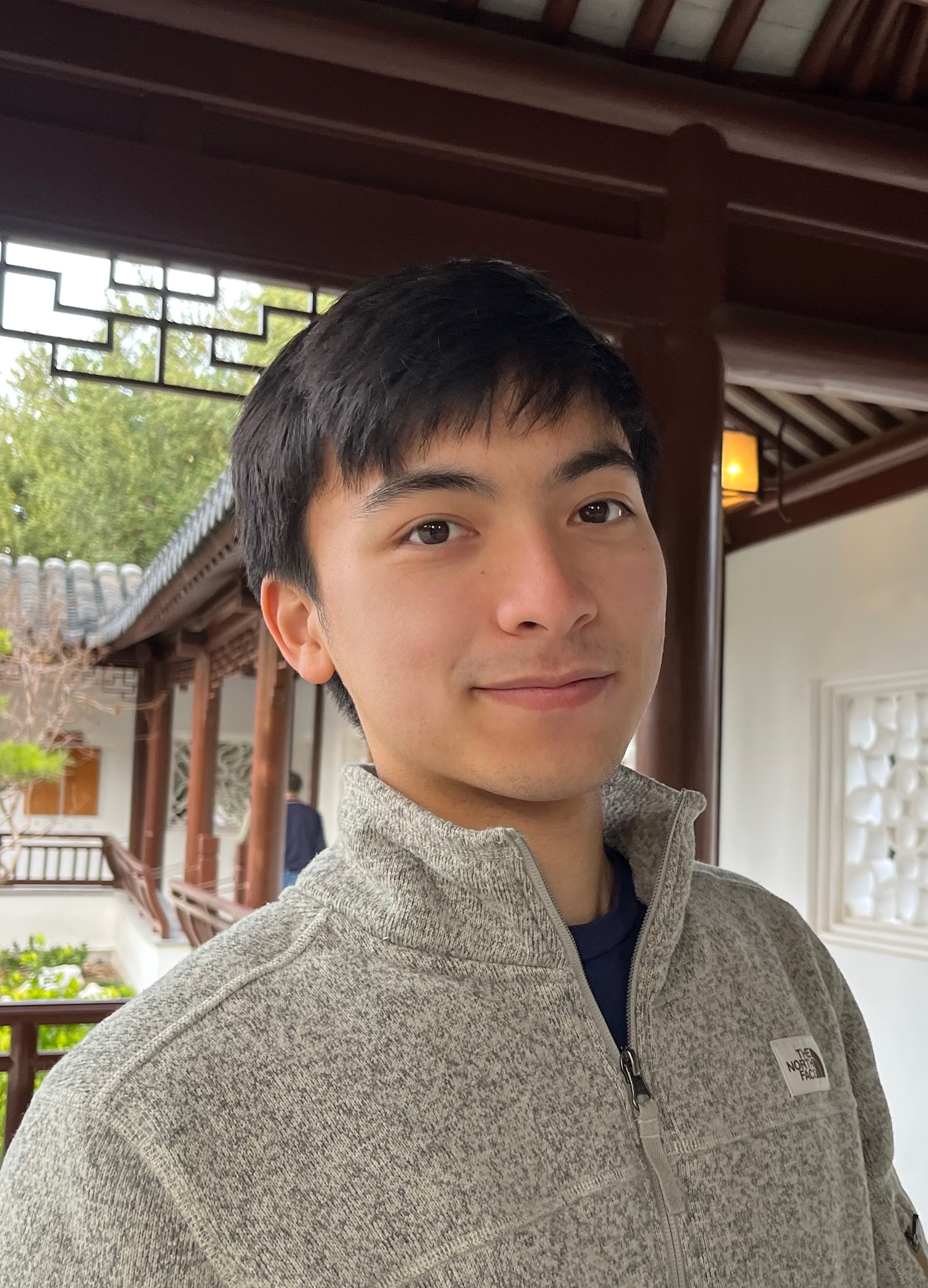
I’m a first-year PhD student in the Computer Science Department at Stanford. Previously, I was a research intern in the Learning and Perception group at NVIDIA Research and a member of Anima Anandkumar’s AI + Science lab Lab at Caltech, where I did my undergraduate studies. I also spent time as a research intern at the University of Texas Institute for Geophysics.
My research has focused on the theory and applications of neural operators and operator learning, particularly in their application to solving partial differential equations (PDEs). For instance, I have worked on developing neural operators for forecasting in chaotic, non-stationary, and stochastic time-dependent systems. I am very passionate about the scientific applications of machine learning and have worked on using machine learning to forecast climate tipping points, estimating glacial ice thickness, and characterizing features of the Martian terrain.
I am grateful to be supported by the NSF Graduate Research Fellowship. During my undergraduate studies, I was supported by the Mellon Mays Undergraduate Fellowship and was honored to receive the 2024 Barry Goldwater scholarship.
News
| Jul 21, 2025 | I started my PhD at Stanford, where I’m currently rotating under Prof. Carlos Guestrin! |
|---|---|
| Jun 13, 2025 | Graduated from Caltech and am very honored to have received the George W. Housner Prize for Academic Excellence and Original Research! |
| Jun 12, 2025 | Our new paper, “Principled Approaches for Extending Neural Architectures to Function Spaces for Operator Learning” is on arXiv! |
| Apr 08, 2025 | I’m very honored to have been named an NSF GRFP fellow! |
| Oct 23, 2024 | Our new paper, “Unifying Subsampling Pattern Variations for Compressed Sensing MRI with Neural Operators” is on arXiv! |
Selected publications
-
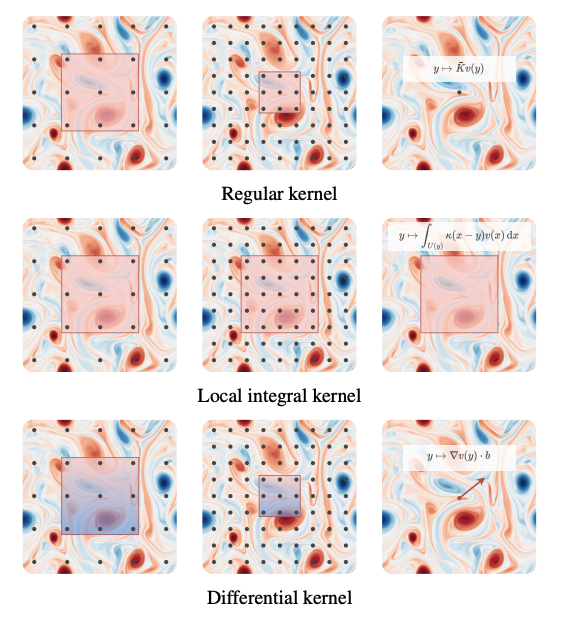 Neural Operators with Localized Integral and Differential Kernels41st International Conference on Machine Learning, 2024
Neural Operators with Localized Integral and Differential Kernels41st International Conference on Machine Learning, 2024 -
 Neural Operators for Accelerating Scientific Simulations and DesignNature Reviews Physics, 2024
Neural Operators for Accelerating Scientific Simulations and DesignNature Reviews Physics, 2024 -
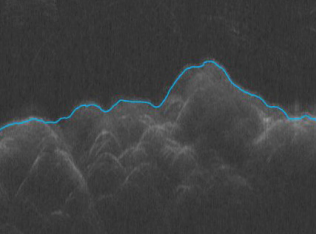 Ice Thickness From Deep Learning and Conditional Random Fields: Application to Ice-Penetrating Radar Data With Radiometric ValidationIEEE Transactions on Geoscience and Remote Sensing, 2022
Ice Thickness From Deep Learning and Conditional Random Fields: Application to Ice-Penetrating Radar Data With Radiometric ValidationIEEE Transactions on Geoscience and Remote Sensing, 2022 -
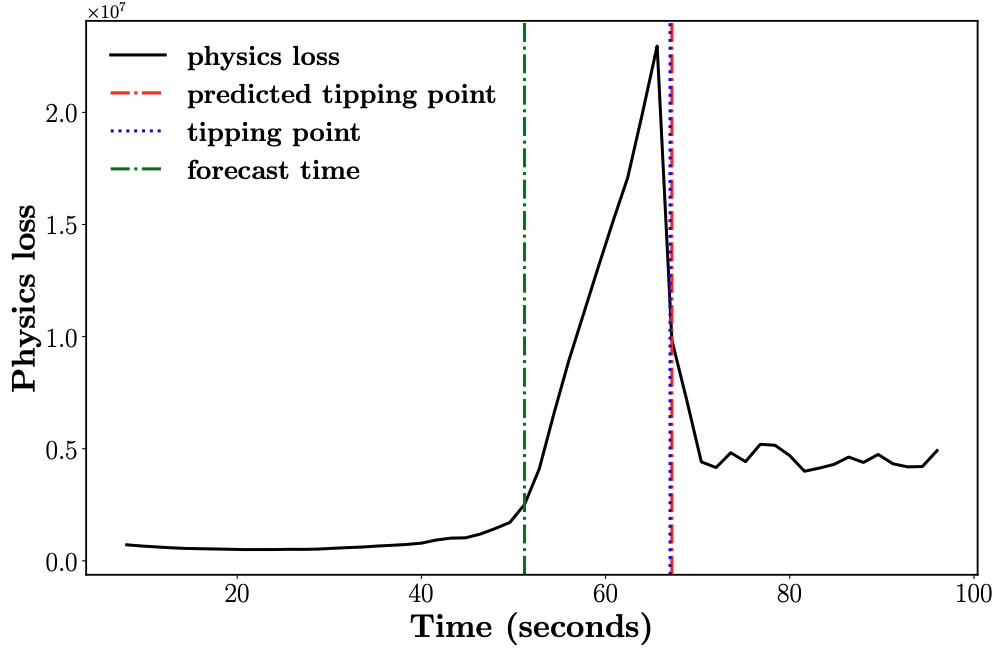 Tipping Point Forecasting in Non-Stationary Dynamics on Function SpacesarXiv preprint arXiv:2308.08794, 2023
Tipping Point Forecasting in Non-Stationary Dynamics on Function SpacesarXiv preprint arXiv:2308.08794, 2023 -
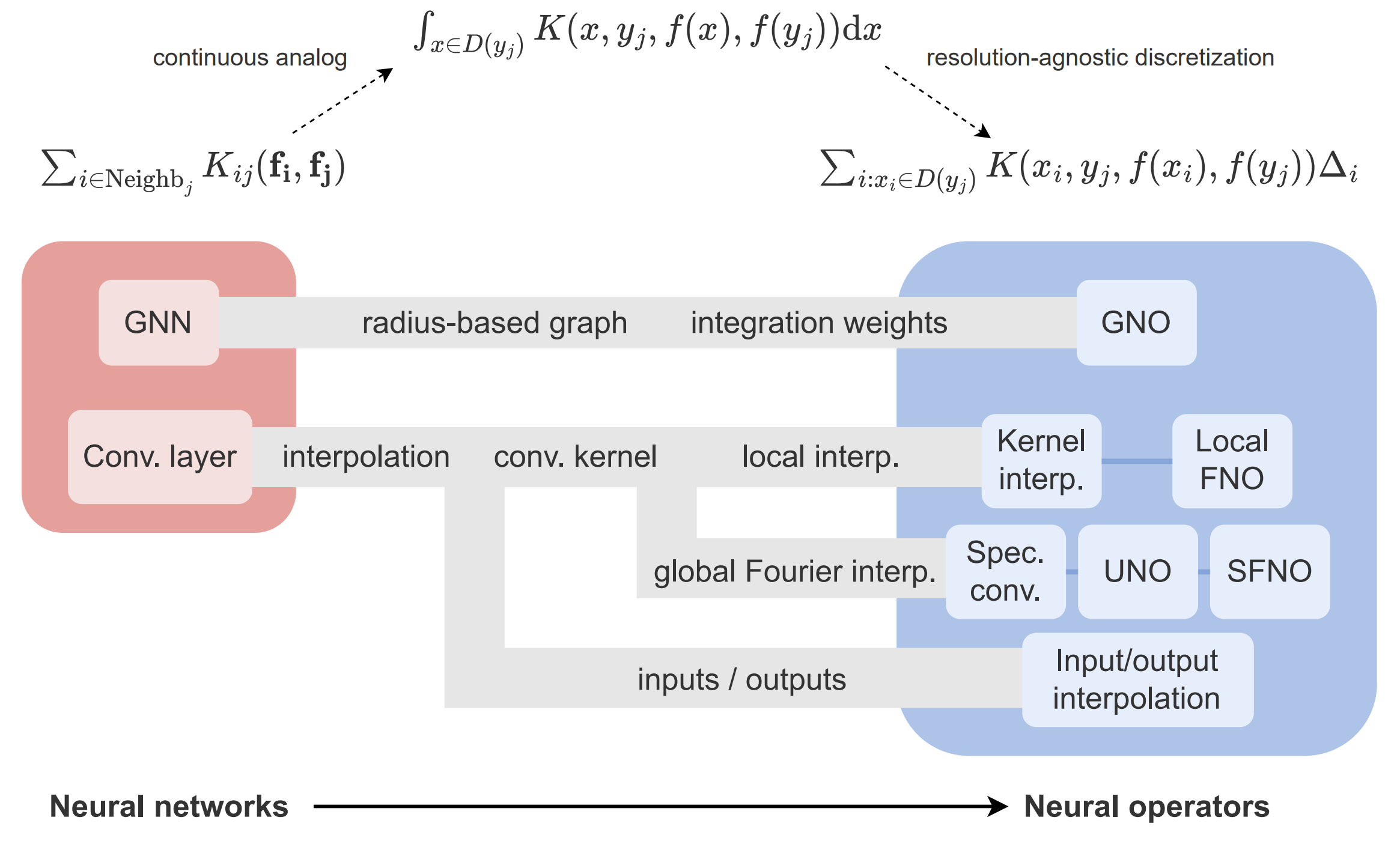 Principled Approaches for Extending Neural Architectures to Function Spaces for Operator LearningarXiv preprint arXiv:2506.10973, 2025
Principled Approaches for Extending Neural Architectures to Function Spaces for Operator LearningarXiv preprint arXiv:2506.10973, 2025 -
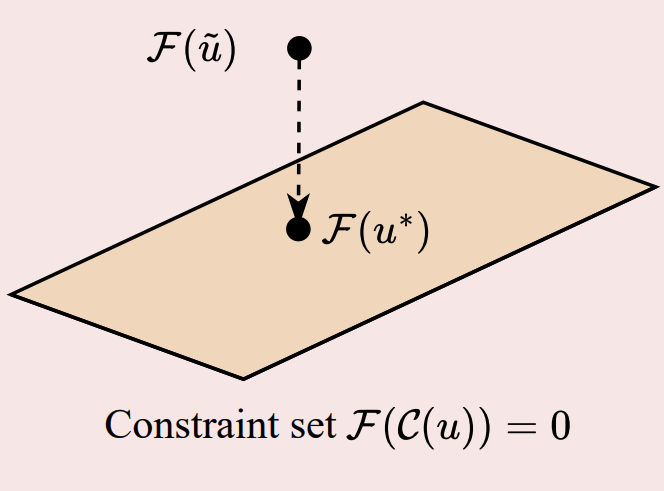 Towards Enforcing Hard Physics Constraints in Operator Learning FrameworksICML 2024 AI for Science Workshop, 2024
Towards Enforcing Hard Physics Constraints in Operator Learning FrameworksICML 2024 AI for Science Workshop, 2024 -
